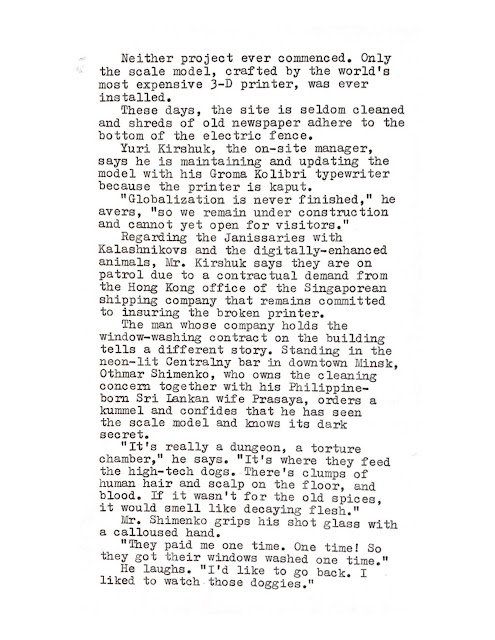Even if everything announced by the White House is, or might be, a lie, we know some facts.
- We know that the President and his staff knew that his key advisor, Hope Hicks, had tested positive for COVID-19 before he headed to Bedminster, NJ, for a fundraiser last Thursday night.
- We know that he was already experiencing some symptoms associated with the virus and had already taken a COVID test before heading out on the road.
Undoubtedly, there will be other revelations emerging from the White House – and they may illuminate or obscure the details of what the President knew and when the President knew it.
But, we can say this for sure: when the President of the United States traveled and met with donors, he knew he had been exposed to a dangerous and potentially deadly and communicable virus and was himself already exhibiting symptoms, and therefore he knew that by his mere presence, he put the people he came in contact with on that trip at risk.
In fact, the decision not to immediately self-quarantine and instead to travel to New Jersey to raise money may constitute aggravated assault under New Jersey criminal law.
Here’s the relevant statute from Title 2C of the New Jersey Code of Criminal Justice:
“A person is guilty of aggravated assault if he: (1)Attempts to cause serious bodily injury to another, or causes such injury purposely or knowingly or under circumstances manifesting extreme indifference to the value of human life recklessly causes such injury.”
COVID-19 clearly has the potential to cause serious bodily
injury – the fact that 200,000 people in this country (16,000 of them from New
Jersey) have died from the disease and that the president has been in the
hospital since the day after his diagnosis shows how serious we know the threat
of bodily injury to be. And the president and his advisors clearly knew that he
had been exposed to the virus and was already experiencing some symptoms. Thus,
the assault was committed, as the law says, “knowingly” and in "extreme indifference" to the value of the lives of the people he met.
Tellingly, the White House has not moved to alert all those who attended the fundraiser that they should be self-isolating and getting tested for the virus. Thus, the White House is demonstrating continuing reckless disregard for the potential bodily injuries of the people the president spoke with and who may, unwittingly, be passing the virus on to others.
Authorities disagree as to whether a president, while in office, can be prosecuted under state criminal law. But setting aside whether there’s any legal liability here, there’s a broader public question: what do we think of a president who engaged in an aggravated assault in the pursuit of money, and was abetted in this assault by others in his administration?
As a society, we rightly ask people who have committed crimes to take responsibility for what they have done. As the old saying goes, if you’ve done the crime, you should be prepared to do the time. For every single person in the White House, taking responsibility should mean it’s time to resign.









